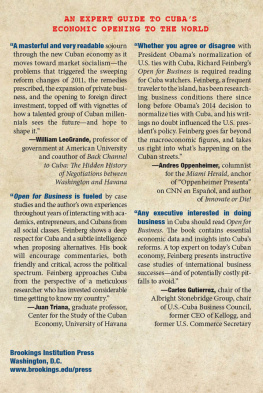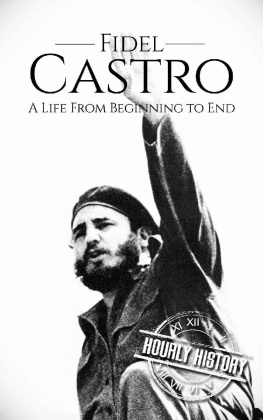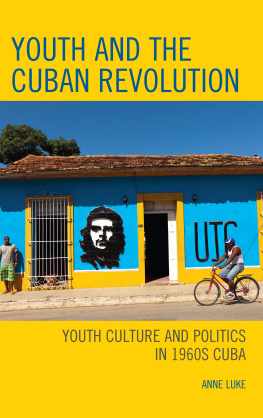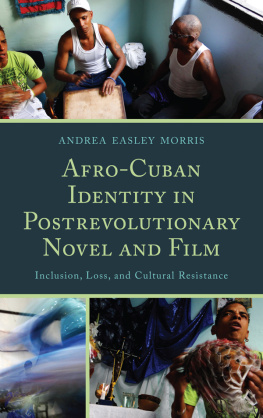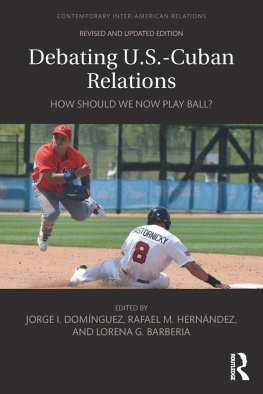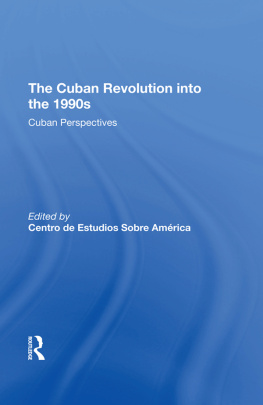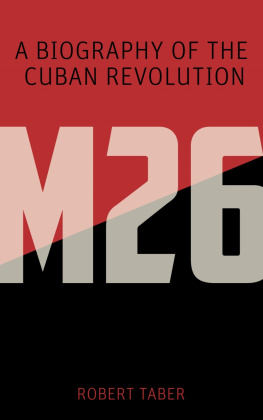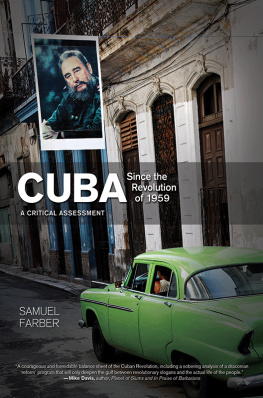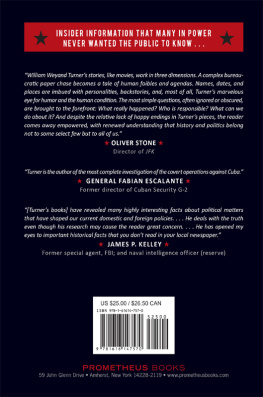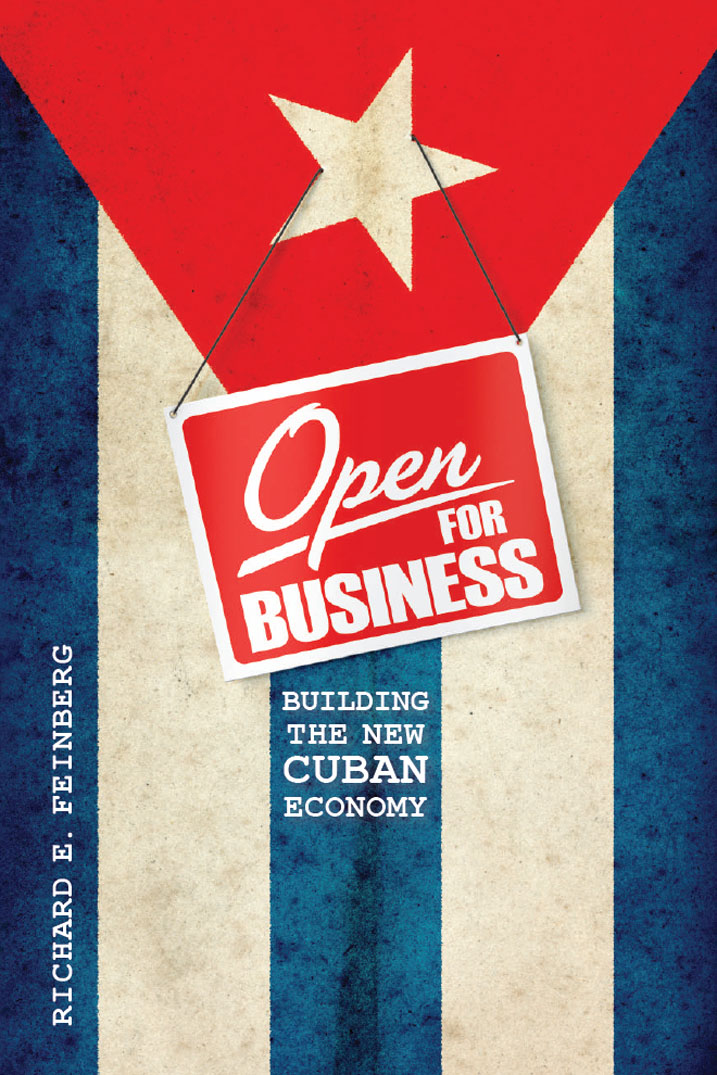
OPEN FOR BUSINESS
BUILDING THE NEW CUBAN ECONOMY


Ninety miles across the Straits of Florida, a new Cuban revolution is stirring. This time, instead of guerrillas marching down the streets of Havana, it is the global economy that will upend Cuba. As the countrys once solidly socialist economy opens further to the world, what new forms is it likely to take?
Open for Business: Building the New Cuban Economy examines the islands still stagnant sectors and market-driven changes under way as the country takes its early steps toward a more dynamic growth model. Richard E. Feinberg, a longtime observer who has been at the forefront of advocating for the recent diplomatic opening between the United States and Cuba, examines key issues such as the vital role of foreign investors, how Cubans will forge a path to innovative entrepreneurship, and the alternative road maps inspired by other emerging economies.
As Cubas economy awakens from its post-Castro dream, it will do so with a flavor that is uniquely Cuban. Enriched by interviews and in-depth field research conducted over the past five years, this volume speaks both to Cubas legacy and to its new horizons on the world stage.


Copyright 2016
THE BROOKINGS INSTITUTION
1775 Massachusetts Avenue, N.W., Washington, D.C. 20036
www.brookings.edu
All rights reserved. No part of this publication may be reproduced or transmitted in any form or by any means without permission in writing from the Brookings Institution Press.
The Brookings Institution is a private nonprofit organization devoted to research, education, and publication on important issues of domestic and foreign policy. Its principal purpose is to bring the highest quality independent research and analysis to bear on current and emerging policy problems. Interpretations or conclusions in Brookings publications should be understood to be solely those of the authors.
Library of Congress Cataloging-in-Publication data are available.
ISBN 978-0-8157-2768-2 (epub)
9 8 7 6 5 4 3 2 1
Photos by Richard E. Feinberg
Typeset in Minion and Helvetica Neue Condensed
Composition by Cynthia Stock
Silver Spring, Maryland
Table of Contents
Guide
Contents
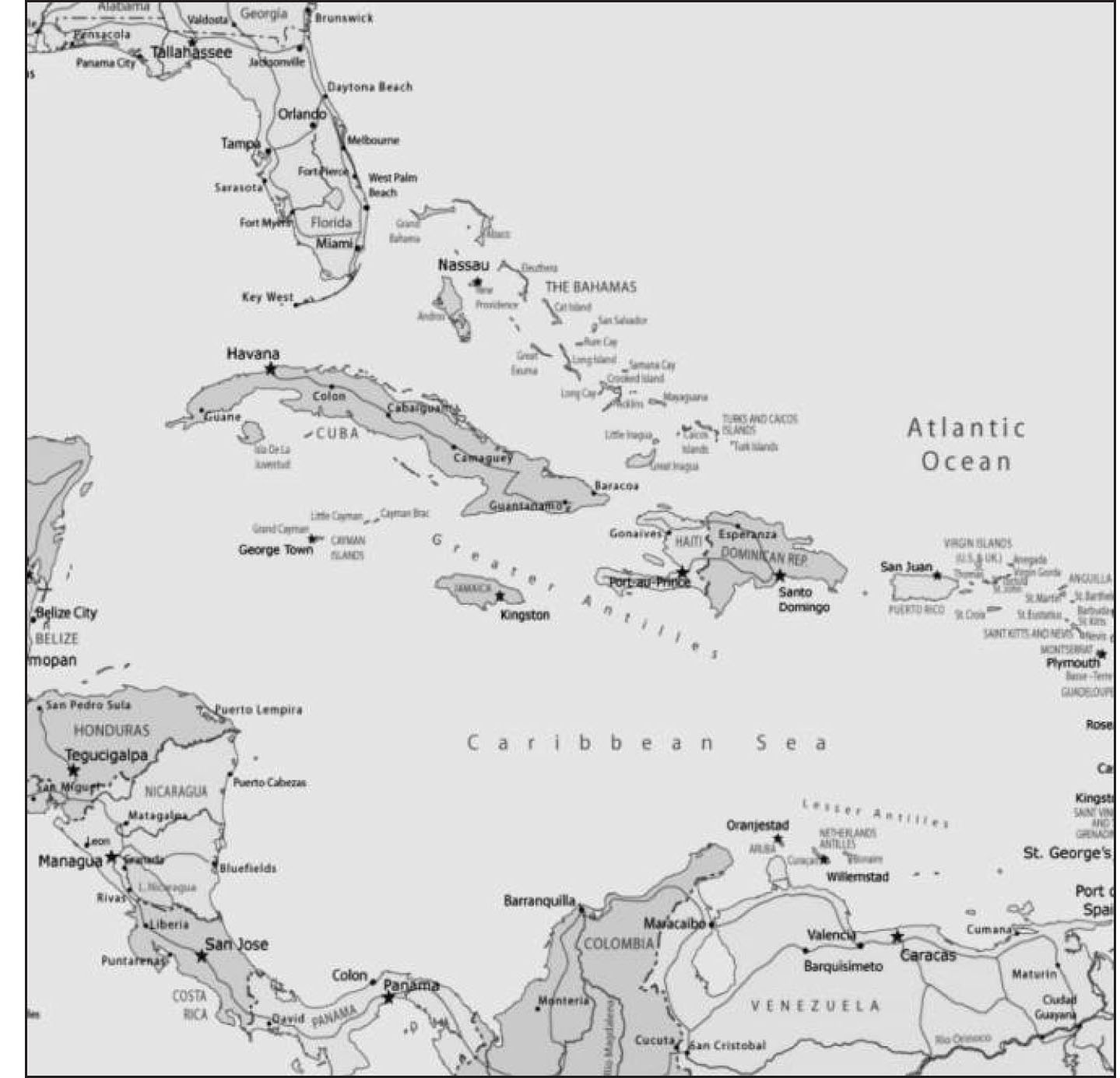
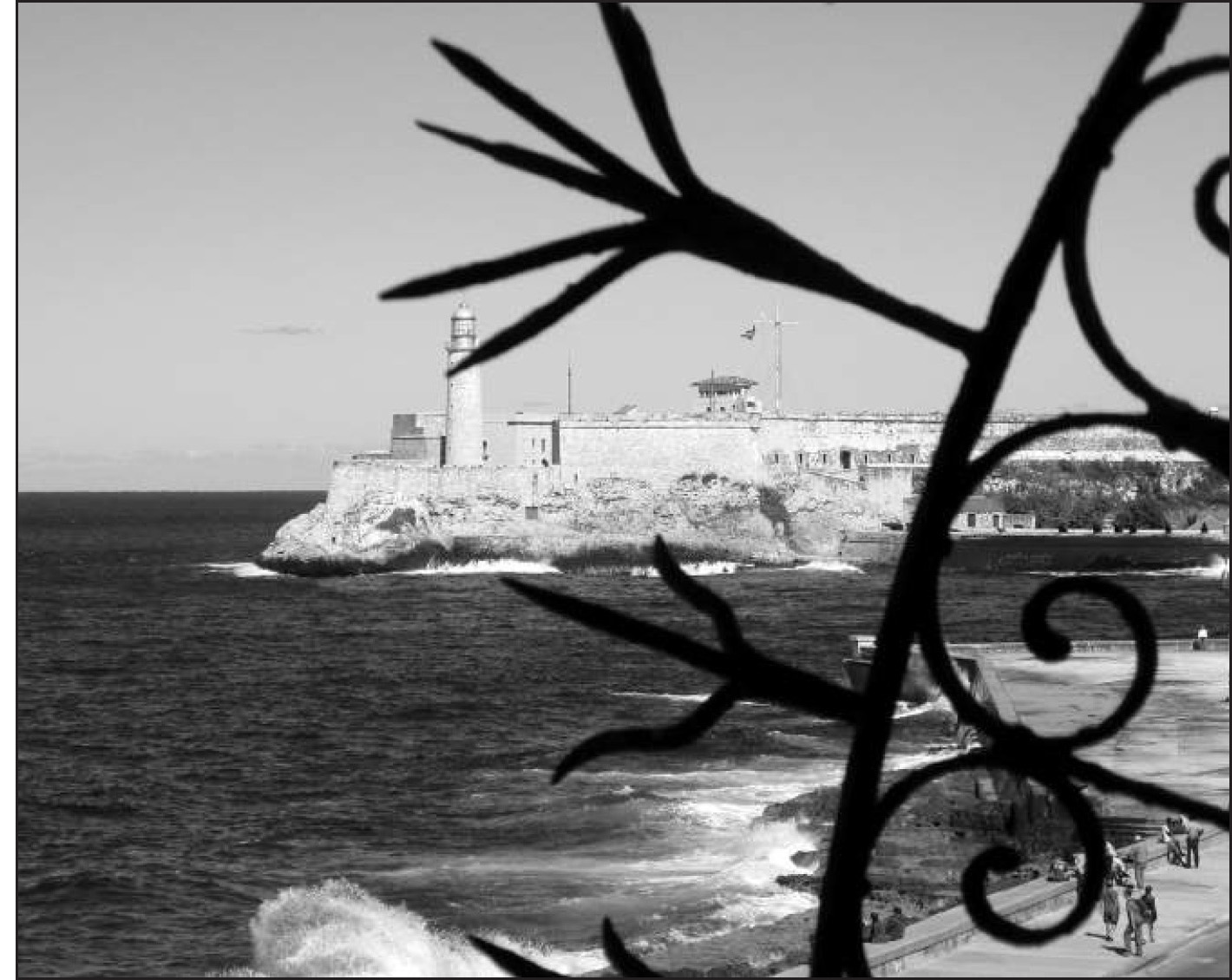
Morro Castle and Lighthouse, first built in 1589 to stand guard over the entrance to Havana Harbor
On the morning of December 17, 2014, I was walking casually down a placid side street in Havana, making my way toward a gray, concrete building where a conference on relations between the United States and Cuba was entering its third and final day. I was one of a dozen or so U.S. scholars gathering in a large auditorium full of some 200 Cuban diplomats, scholars, and graduate students. As I approached the entrance way, I could sense a heightened energy in the air, a buzz of expectation. Whats up? I inquired.
Were expecting a big announcement later this morning.
No doubt something about Alan Gross [the United States Agency for International Development (USAID) contract worker being held by the Cubans allegedly for spying], I ventured.
Yes, maybe coupled with the release of the remaining Cuban Five [formerly five, now three Cubans convicted of spying on anti-Castro Cubans in Miami and being held in U.S. jails]. Wont that be wonderful? exclaimed a random Cuban standing outside the building entrance.
Then the stranger added, Weve been told that around 11 a.m. they will put up big screens and show live the speeches of Obama and Ral.
That really caught my attention: jointly orchestrated presidential statements of this sort are very rare in international diplomacy. They were totally unprecedented in what for decades had been hostile relations between Washington and Havana. Maybe its something more than just a spy swap, I conjectured.
I had been arguing for several months that the stars may finally be aligned, that after so many disappointments and delays the Obama White House might now be well positioned to move forward decisively on U.S.-Cuban relations. Ral Castro Ruz, facing a weak economy, appeared genuinely interested in better relations, I had told the Financial Times two weeks earlier.
But Obama and Castro would go even further than I had anticipated.
In the Havana auditorium, the Cubans naturally gave their own president first billing. While the presidential speeches were delivered simultaneously, first we watched Ral, followed by the U.S. leader.
The image of the Cuban commander-in-chief sitting at an unadorned table was stark, spectacularly outdated in terms of visual media aesthetics. Eighty-three-year-old Ral Castro, who had served as head of the Cuban armed forces his entire adult life, was wearing his light olive military uniform, with four visible stars on each epaulet. Hanging behind him were modest-sized pictures of Cubas national heroes, most notably Jose Mart. Castro chose to read his speech from pieces of paper that he held at an angle, apparently to facilitate his vision. He held a prepared text, making it clear to all Cubans that the speech he was about to read was official policy, approved by himself and the senior leadership, the all-powerful political bureau of the Communist Party of Cuba, which Ral chaired as first secretary of the partys Central Committee. He fully expected all Cubans to fall into line behind his authoritative pronouncement.
Ral began cautiously, his demeanor sober. Throughout these 56 years of Revolution, we have kept our unswerving loyalty to those who died in defense of our principles since the beginning of our independence wars in 1868....
Then the Cuban president switched gears, relaying details of the phone conversation he had had the day before with President Obama, in which they made headway on some topics of mutual interest for both nations.
The first bombshell: As Fidel promised on June 2001, when he said They shall return! Gerardo, Ramon, and Antonio have arrived today to our homeland. The Cubans in the audience screamed loudly. For years, the country had been plastered with posters of the Five Heroes, the five Cuban men being held in U.S. prisons for spying.
Ral continued, For humanitarian reasons, today we have also sent the American citizen Alan Gross back to his country... and [released] those persons whom the Government of the United States had conveyed their interest in, referring to 53 political prisoners who were being released over a series of weeks.
And then, quickly, the central message: We have also agreed to renew diplomatic relations... We propose... mutual steps to improve the bilateral atmosphere and advance towards normalization of relations, based on the principles of international law. A second, much louder scream emerged from the stunned audience.

